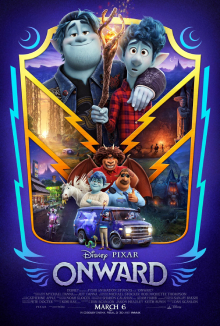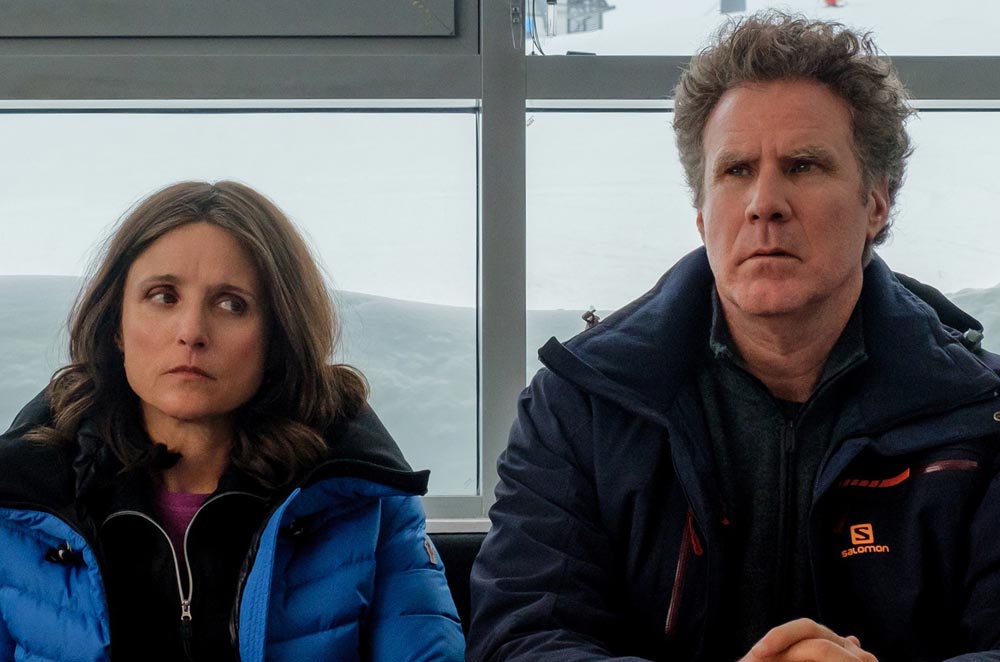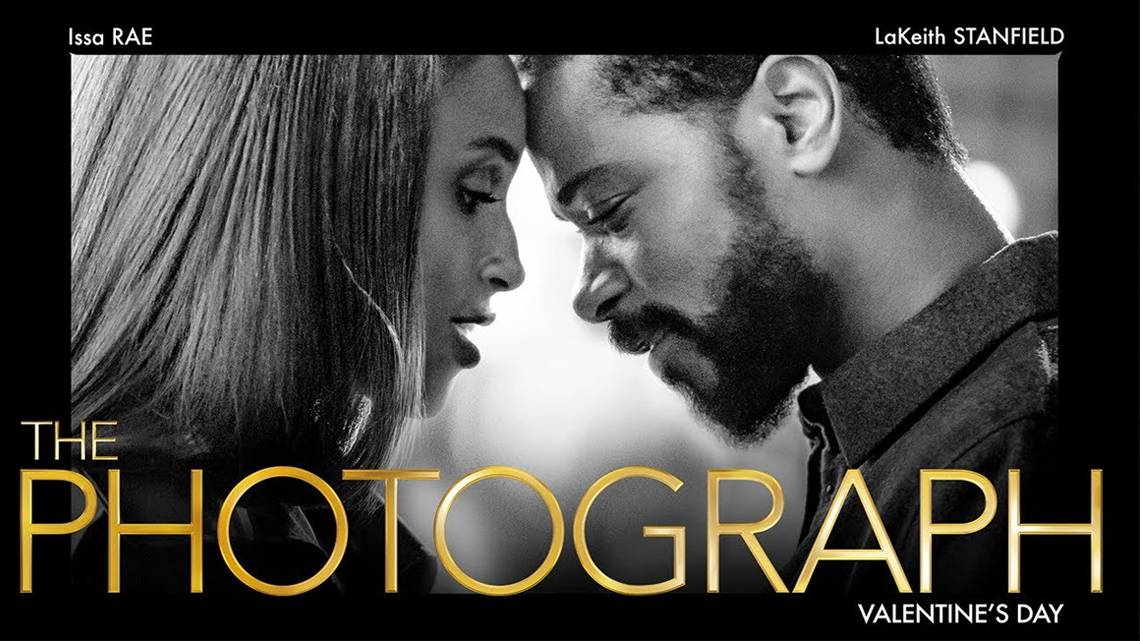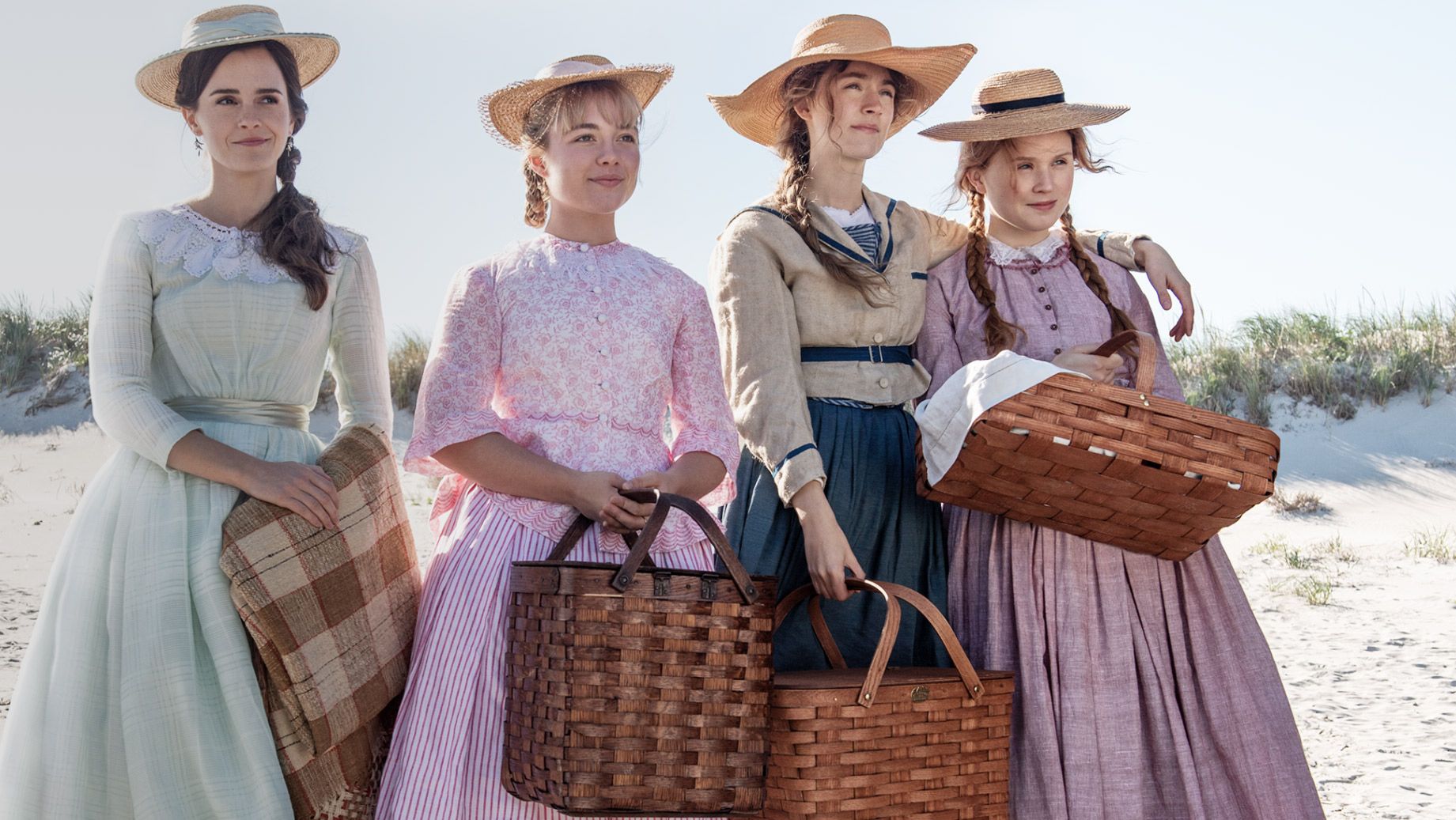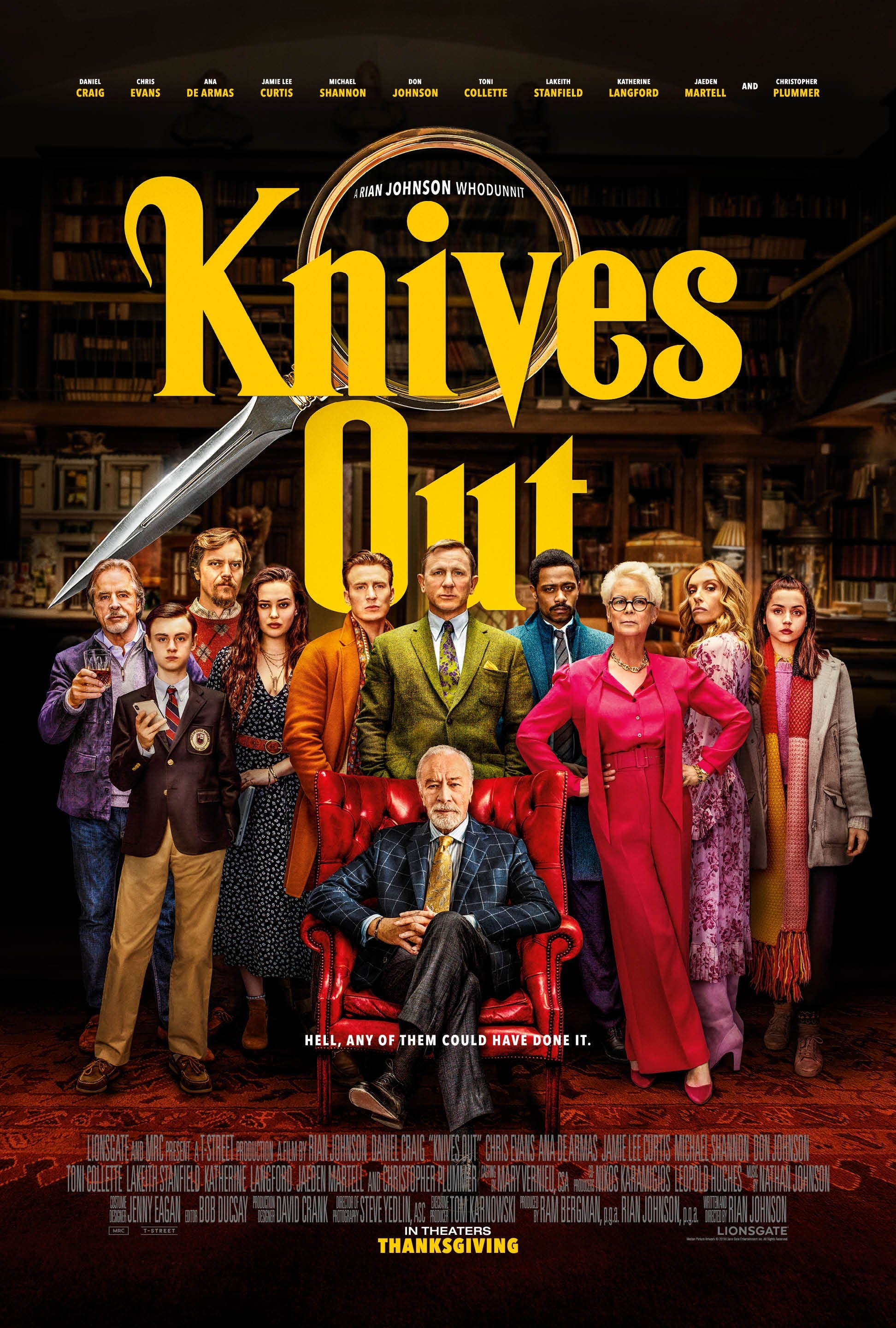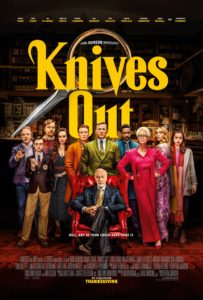Onward
Posted on March 4, 2020 at 5:19 pm
A-| Lowest Recommended Age: | Kindergarten - 3rd Grade |
| MPAA Rating: | Rated PG for action/peril and some mild thematic elements |
| Profanity: | Some schoolyard language |
| Alcohol/ Drugs: | None |
| Violence/ Scariness: | Fantasy/cartoon-style peril and violence, theme of loss |
| Diversity Issues: | Diverse characters |
| Date Released to Theaters: | March 6, 2020 |
| Date Released to DVD: | May 18, 2020 |
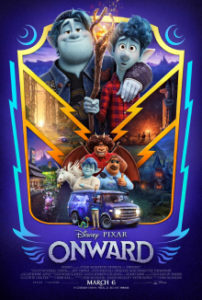
The younger one is Ian (voice of “Spider-Man’s” Tom Holland), timid, anxious, and just turning 16. His older brother is Barley (“Guardians of the Galaxy’s” Chris Pratt), more of a bro-type, way into fantasy games like Dungeons and Dragons, and enjoying a gap year before whatever he will get around to eventually. They live with their mother, Laurel (Julia Louis-Dreyfus), who tells Ian there is a special birthday present waiting for him, a message from his father. Now that Ian is 16, he may be able to use his father’s “visitation spell” to bring him back for just one day. Ian is overwhelmed, nervous, and very excited.
Those are not ideal conditions for first-time magic, so things do not go exactly as wished. Dad is only half there, literally. Not as in a see-through ghost, as in up to the waist. Shoes, socks, khaki pants, and a belt. In order to get the rest of him, Ian and Barley will have to go on a good, old-fashioned magic quest, one that will resonate especially with fans of fantasy games, both IRL and digital. And like all heroic journeys, they will be tested in ways they could never have imagined, learn lessons they could never have known enough to ask the right questions for, and strengthen bonds they did not know they had.
If you are familiar with fantasy lore, whether in games or fiction, you will enjoy many references and details. If you are not, you will find out just how much fun and satisfaction there is in a world where every element is up for re-imagining. What would a fantasy world stop sign say? What would an elf have a a pet? You’ll find out. What is the same is as much fun as what is different. The community’s reflections of its mingled magic and technology history plays out with Pixar’s always-delicious whimsy and future viewers on DVD/Blu-ray and streaming will want to hit pause to examine the settings in detail.
Like all of the best fantasy, we learn more about our own world through the way the Pixar crowd re-imagines it. One of my favorite settings will be especially entertaining to families who eat out at “family-style” restaurants. This one is run by the Manticore, a sort of winged bear with bison horns and a scorpion tail-type beast with the voice of Oscar-winner Octavia Spencer.
The highlight of the film is the parallel heroic journey taken by the Manticore and Laurel, who deserve a movie of their own. In most stories, the mom’s job is to say “Be careful” and then bake brownies to welcome the boys back home, or to mess things up and have to be rescued. Not here.
There are other welcome surprises as well, not just in the adventures and characters along the way, but in the way it gets (and does not get) resolved. And, because this is Pixar, you’re going to cry when it happens, and hug your family a little bit harder, too.
Parents should know that this film includes themes of of loss of a parent, sibling conflict, as well as fantasy peril and action, and some monsters.
Family discussion: If there’s someone in your life you miss, what would you ask them or say to them? Which is better, magic or technology? Is there a mighty warrior inside of you?
If you like this, try: “Yellow Submarine” and “Finding Nemo”

